18 Free Game Pieces transparent PNG images
Discover our extensive collection of 18 free AI-generated Game Pieces images, perfect for game developers, designers, and hobbyists. Browse through our diverse selection of high-quality stock photos, 3D objects, vectors, and illustrations featuring chess pieces, board game components, playing cards, and more. Each image is available for high-resolution download, and you can easily customize any design using our 'open in editor' feature to adjust the prompt and regenerate variations that match your specific needs.
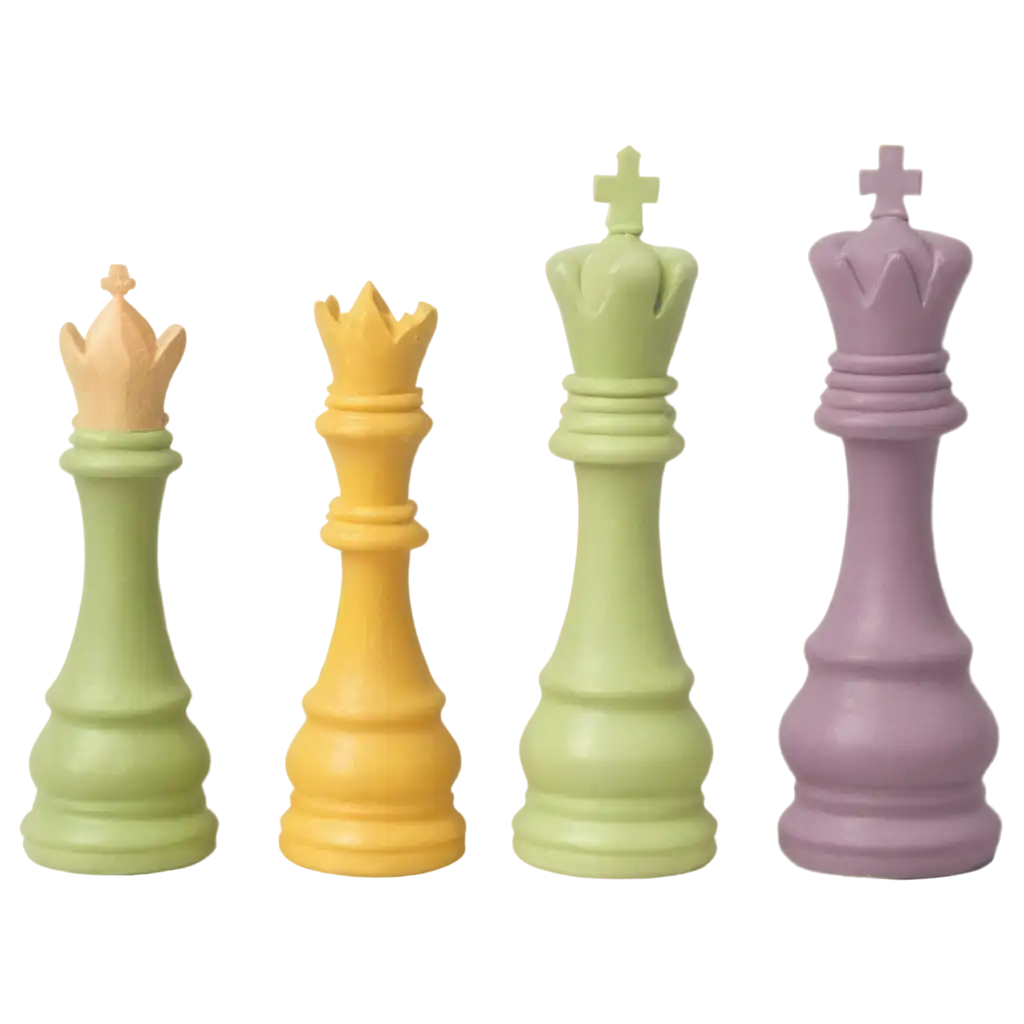
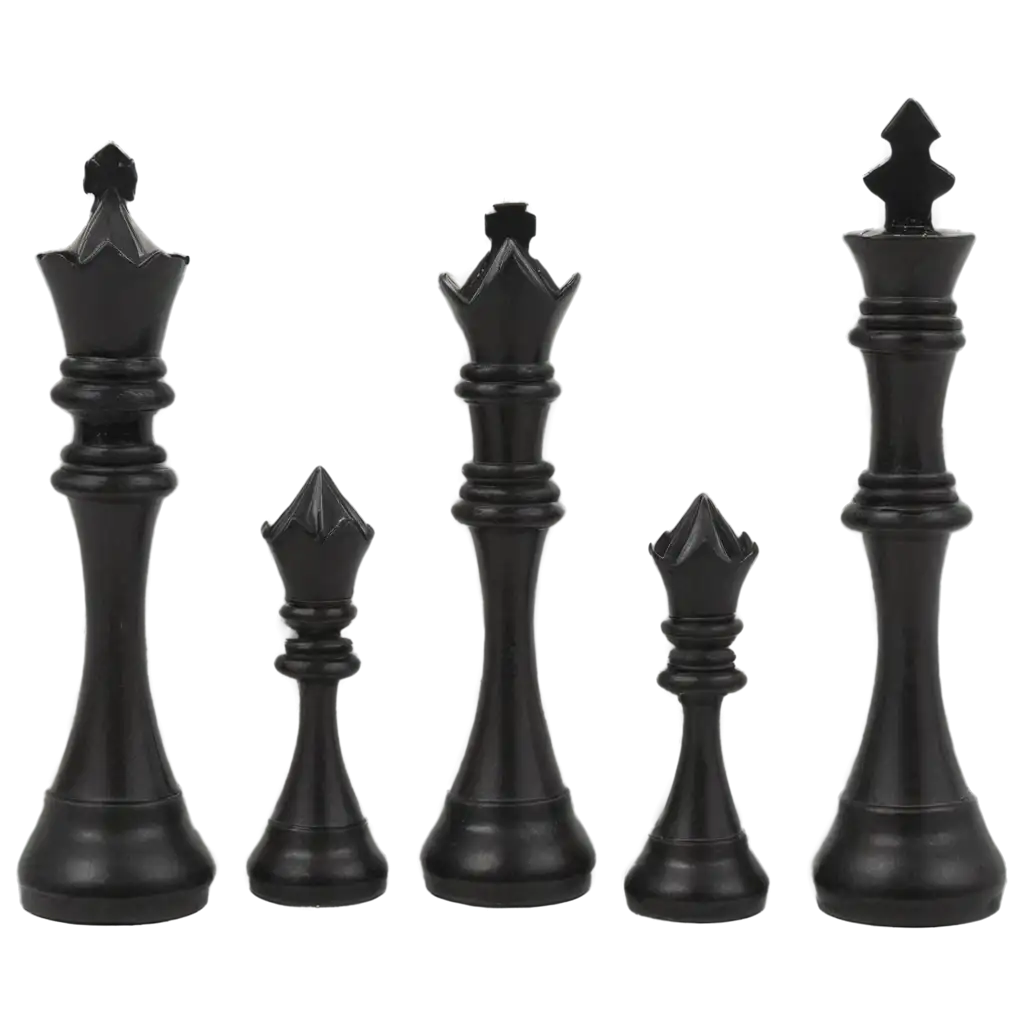
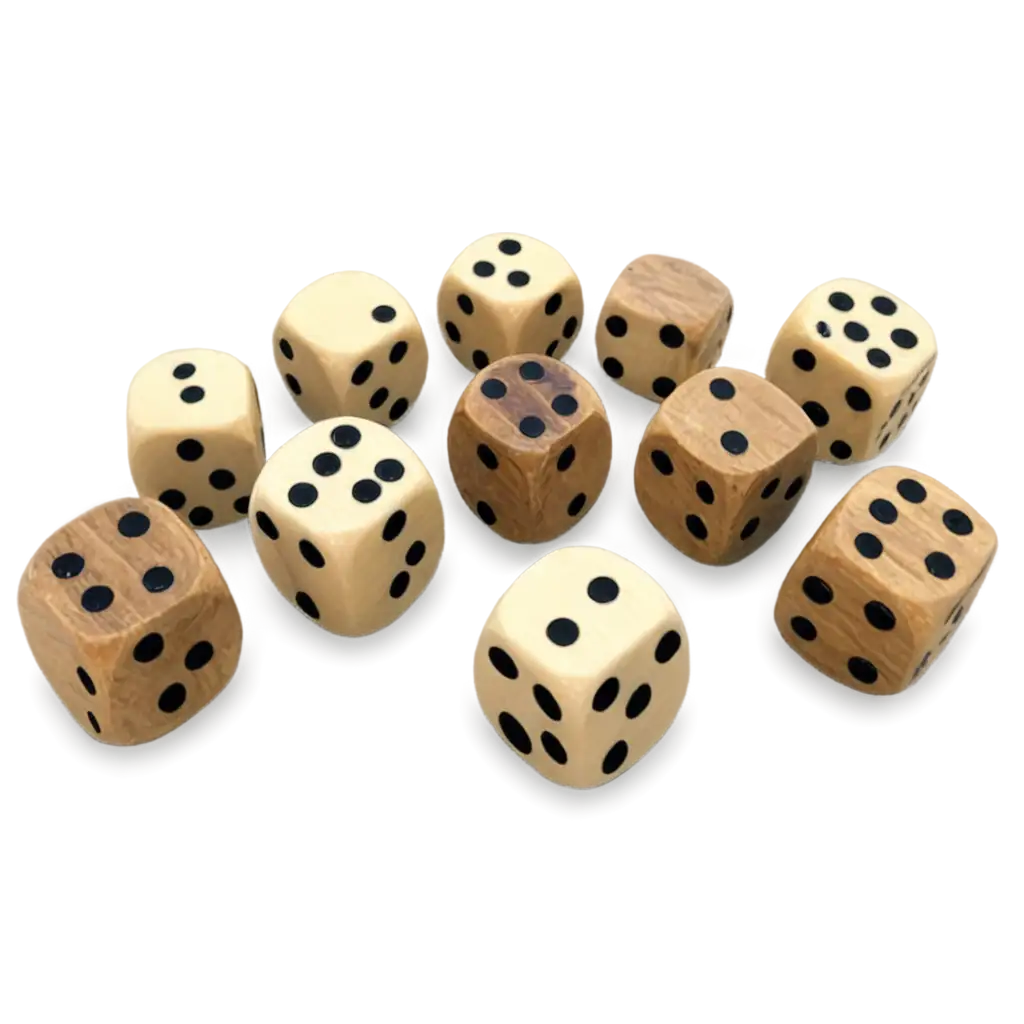
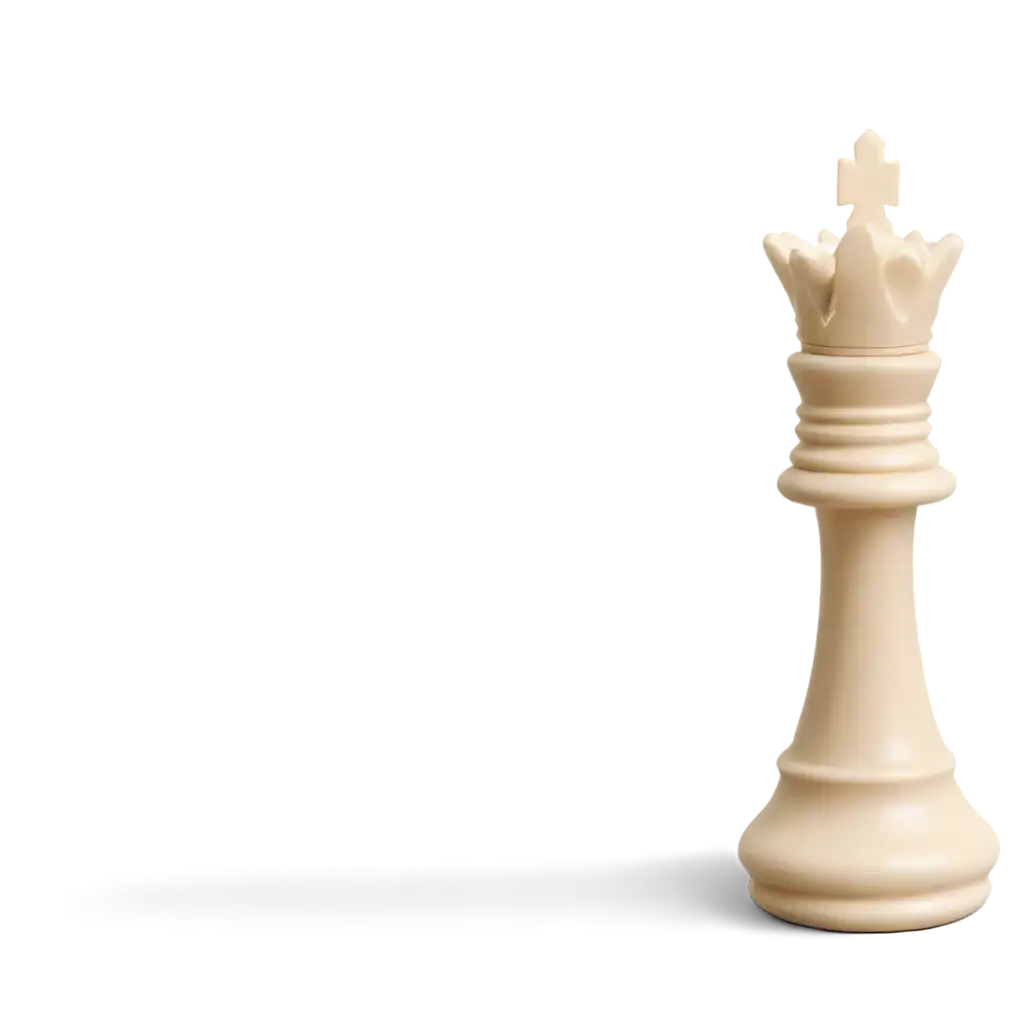
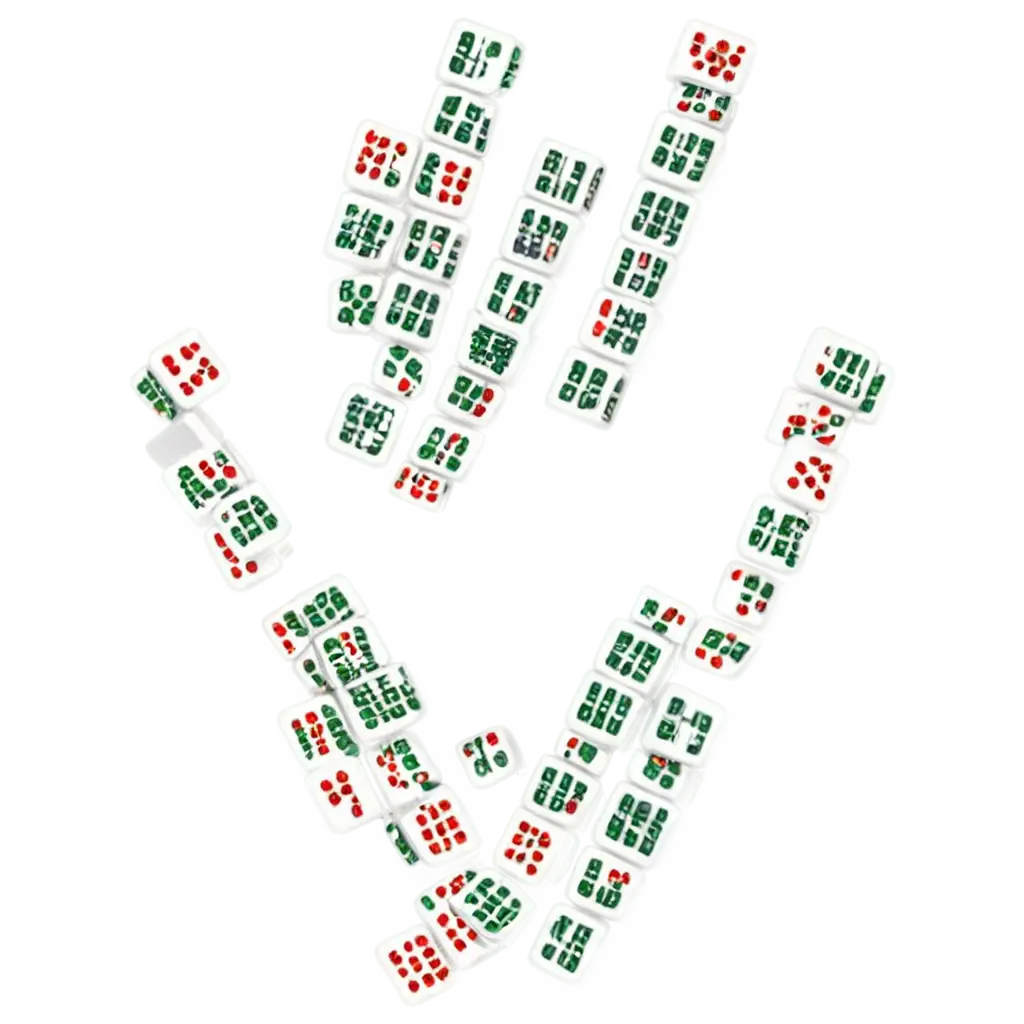
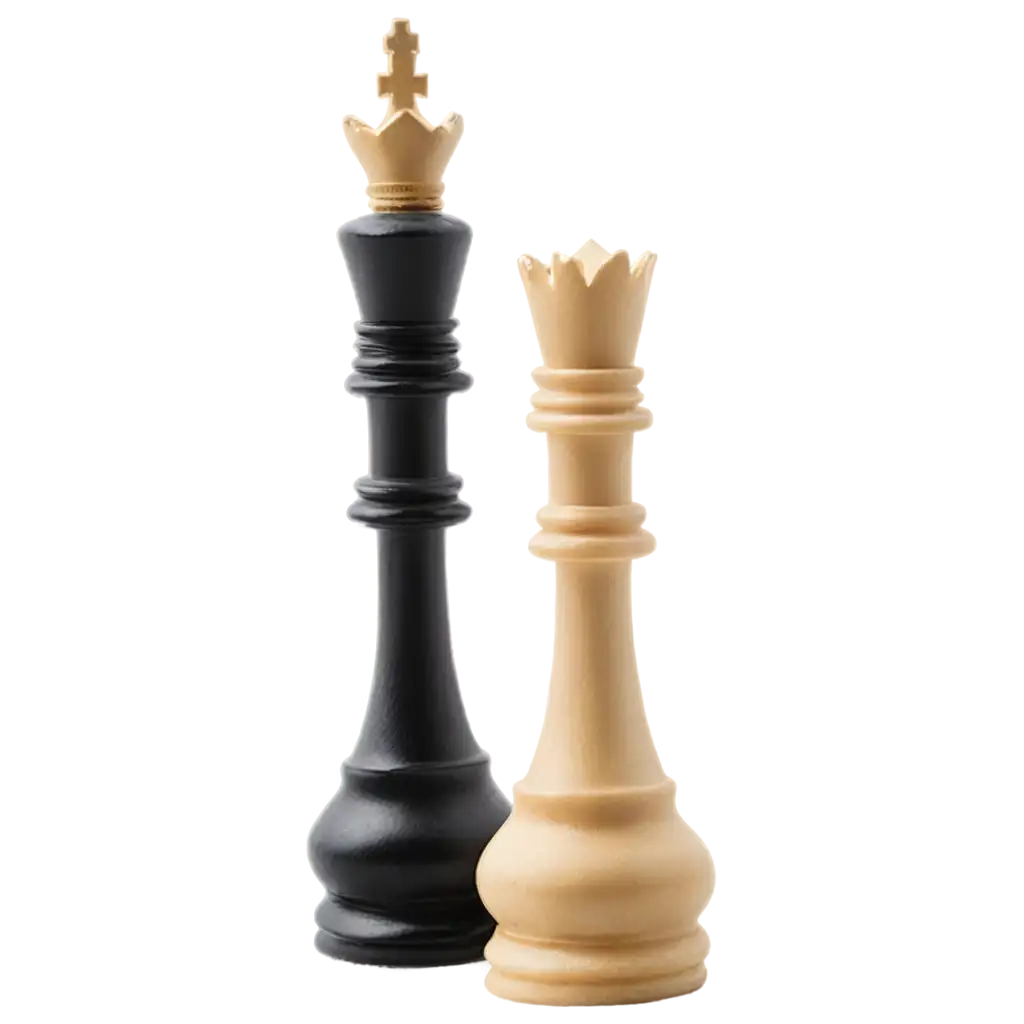
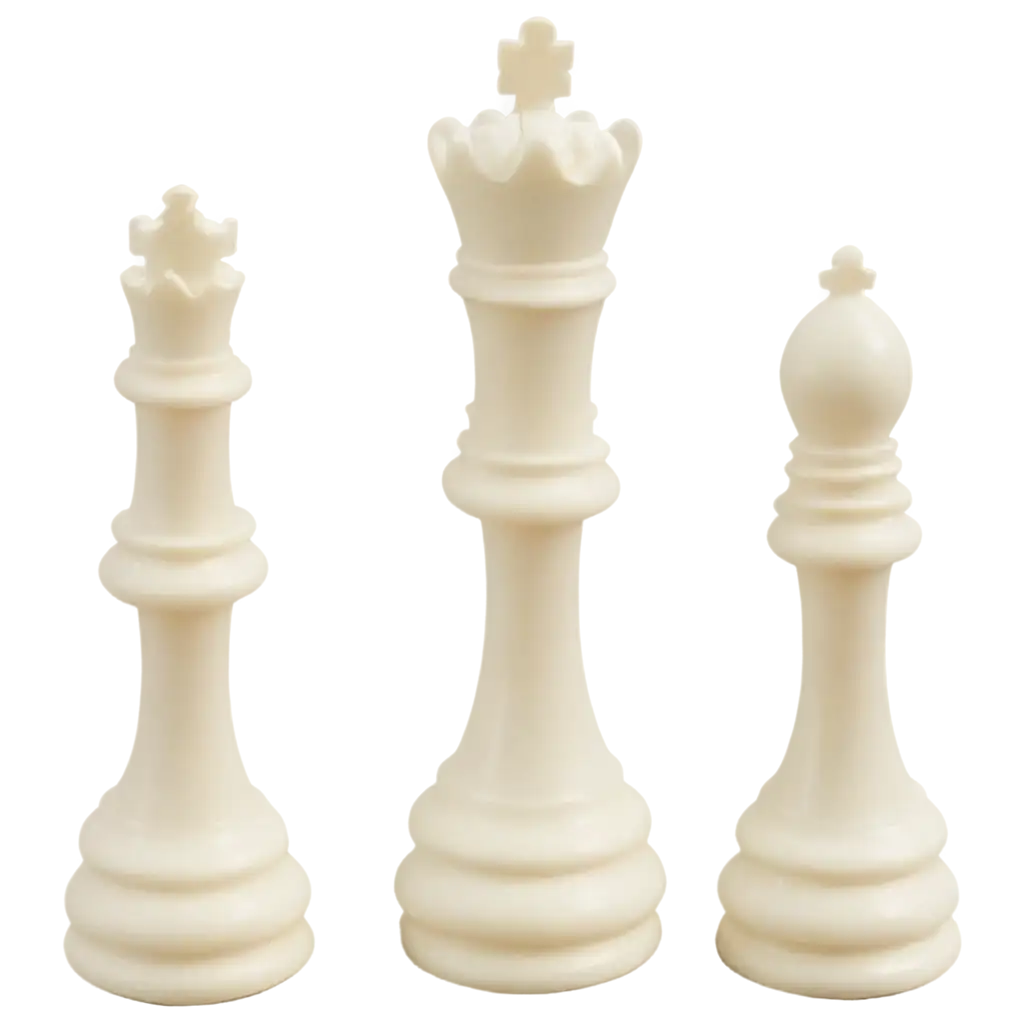
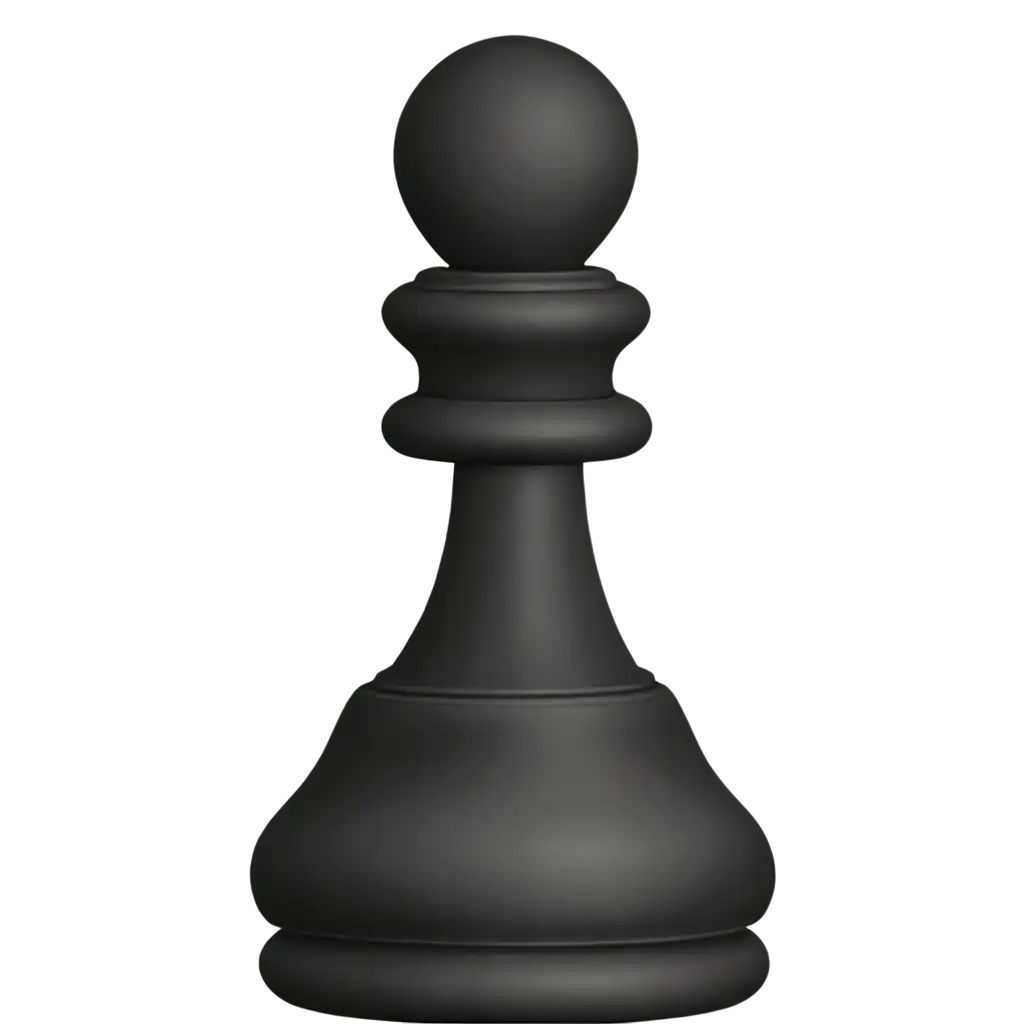
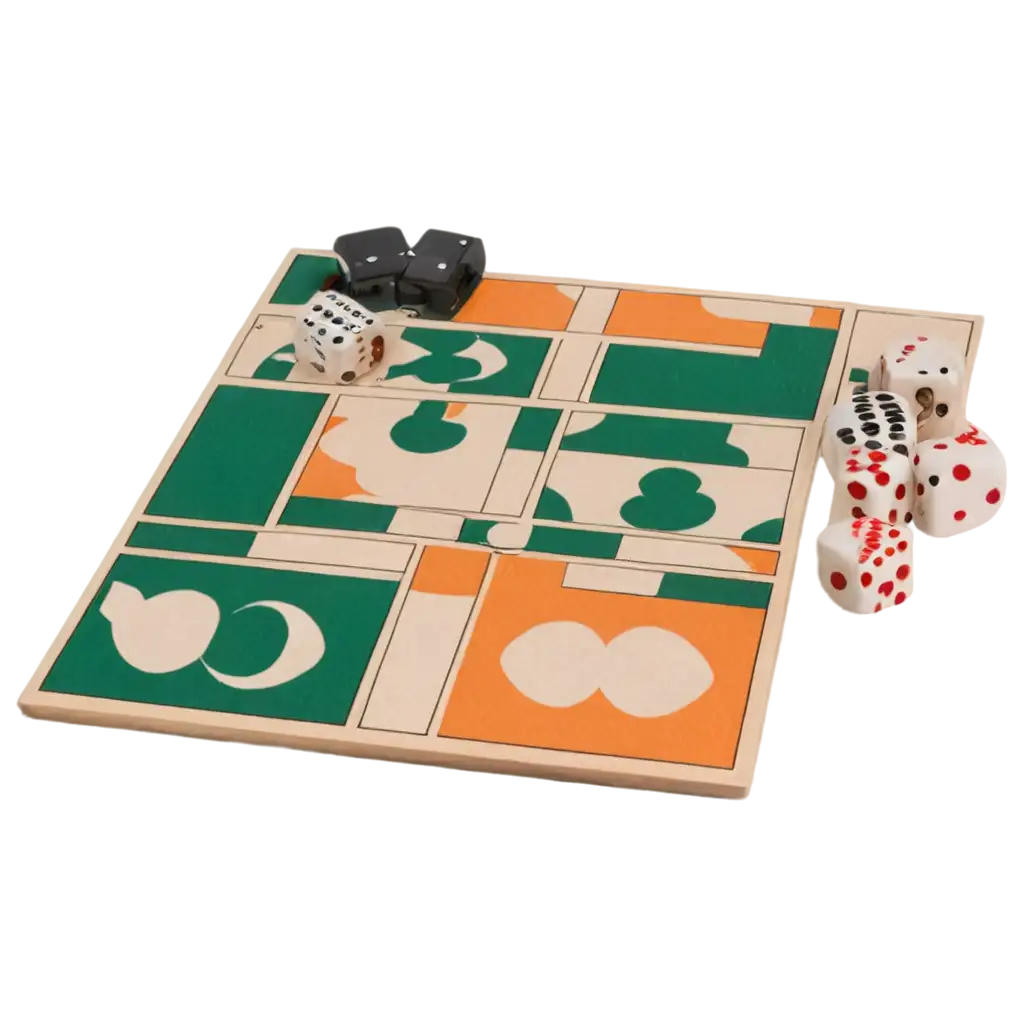
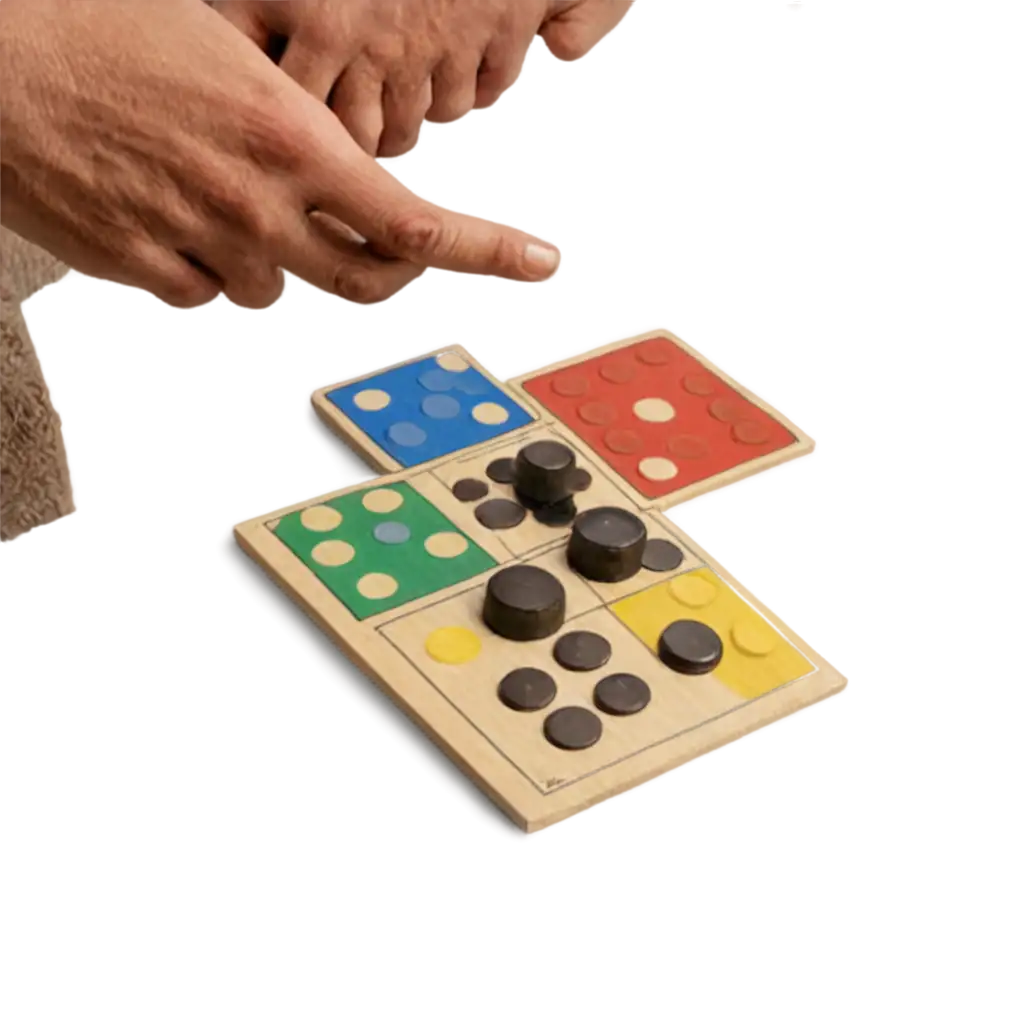
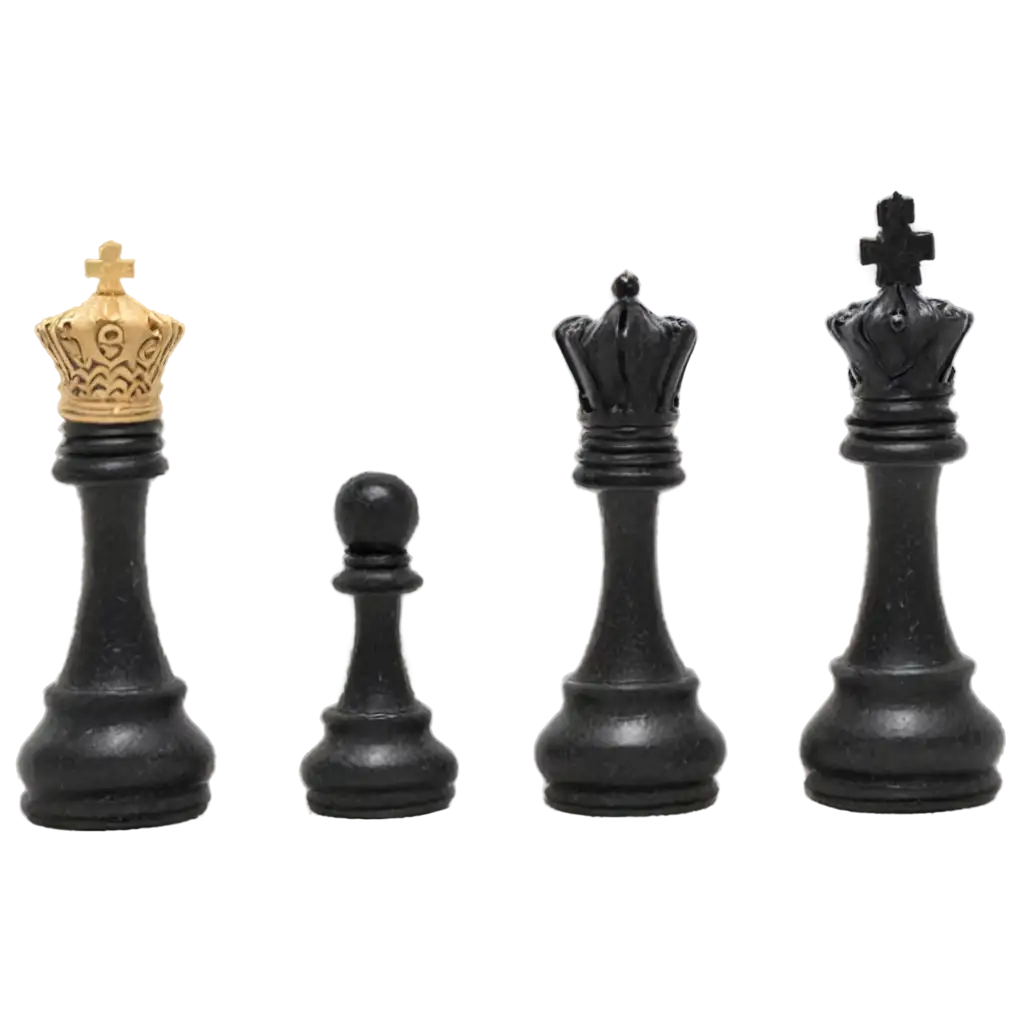
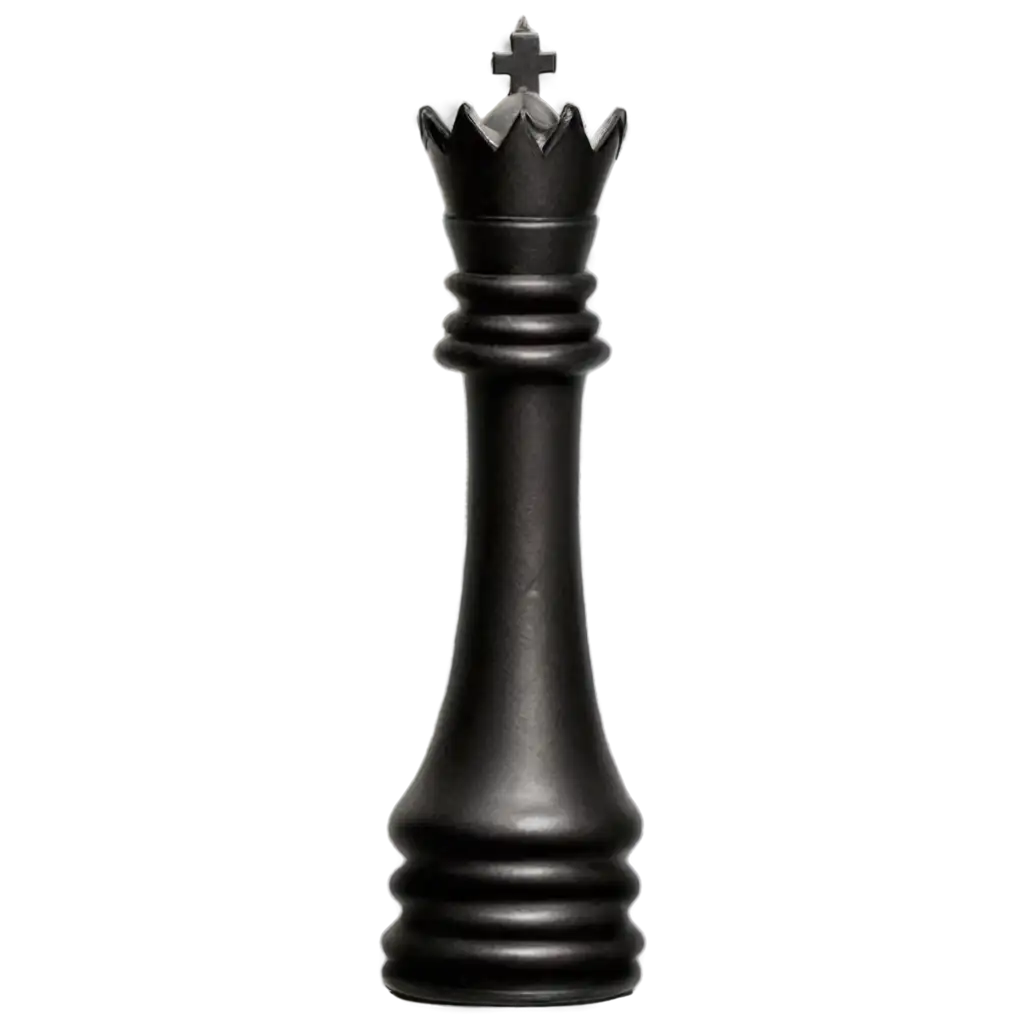
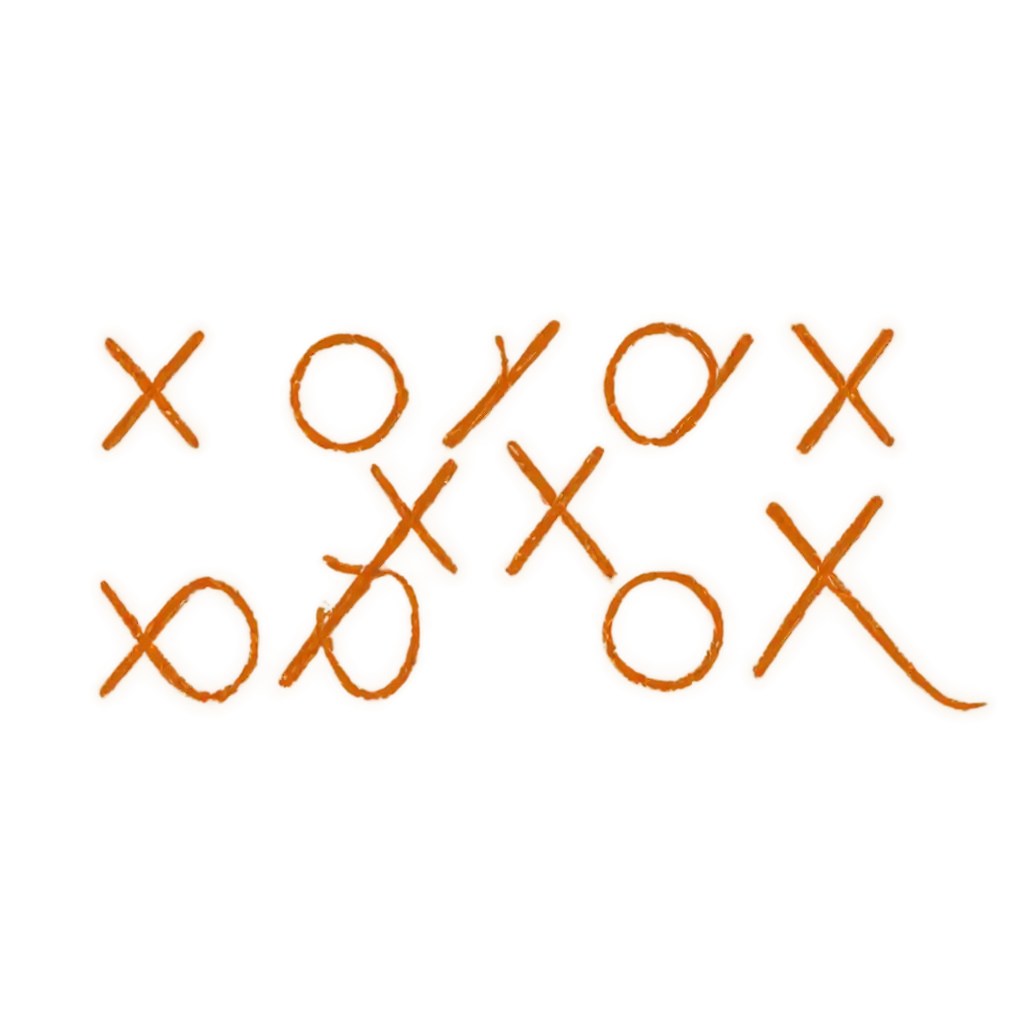
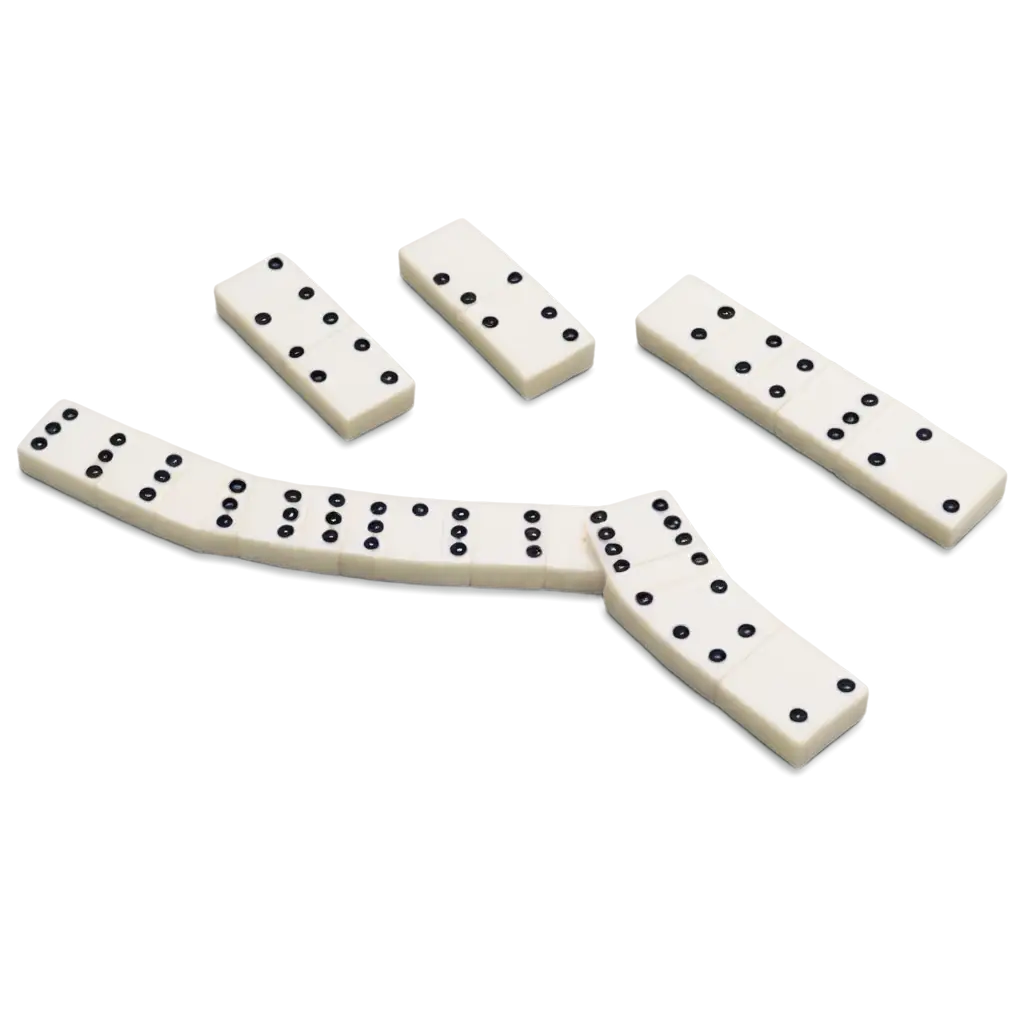
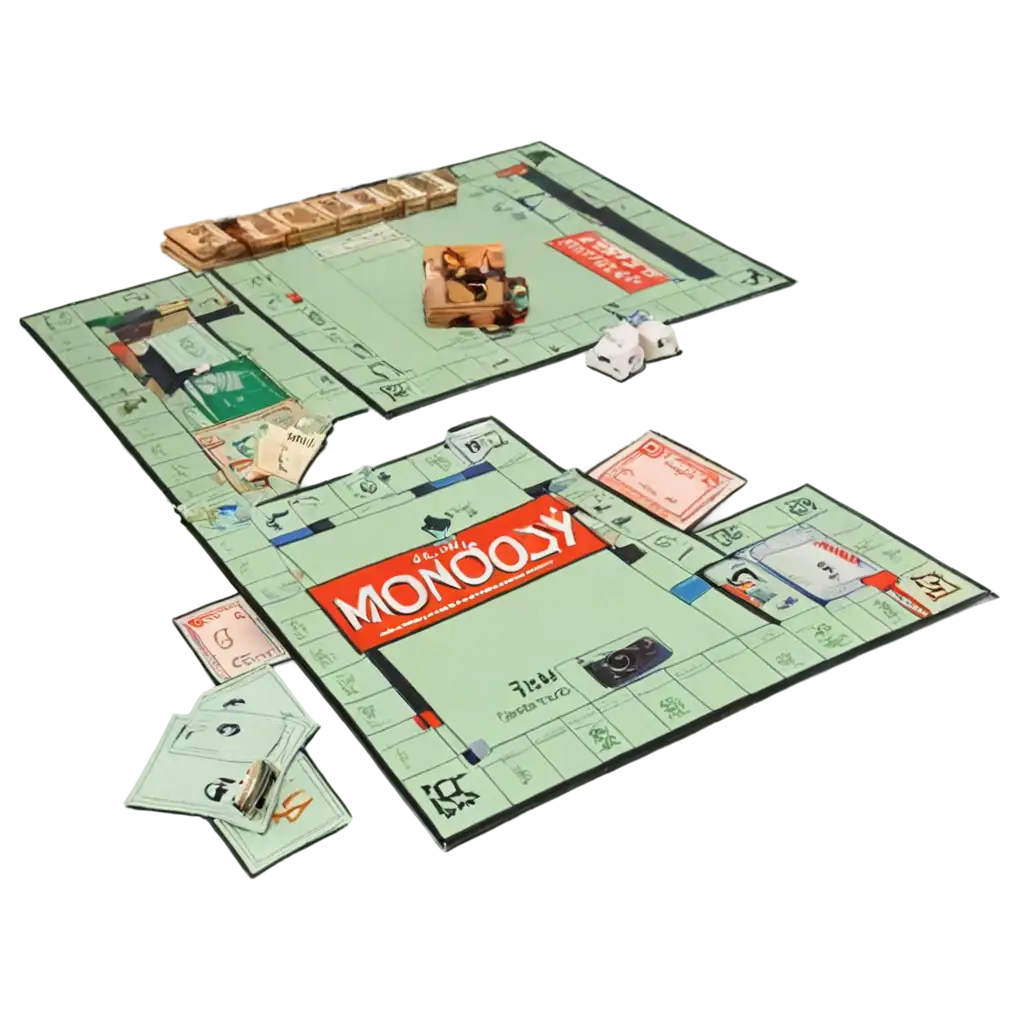
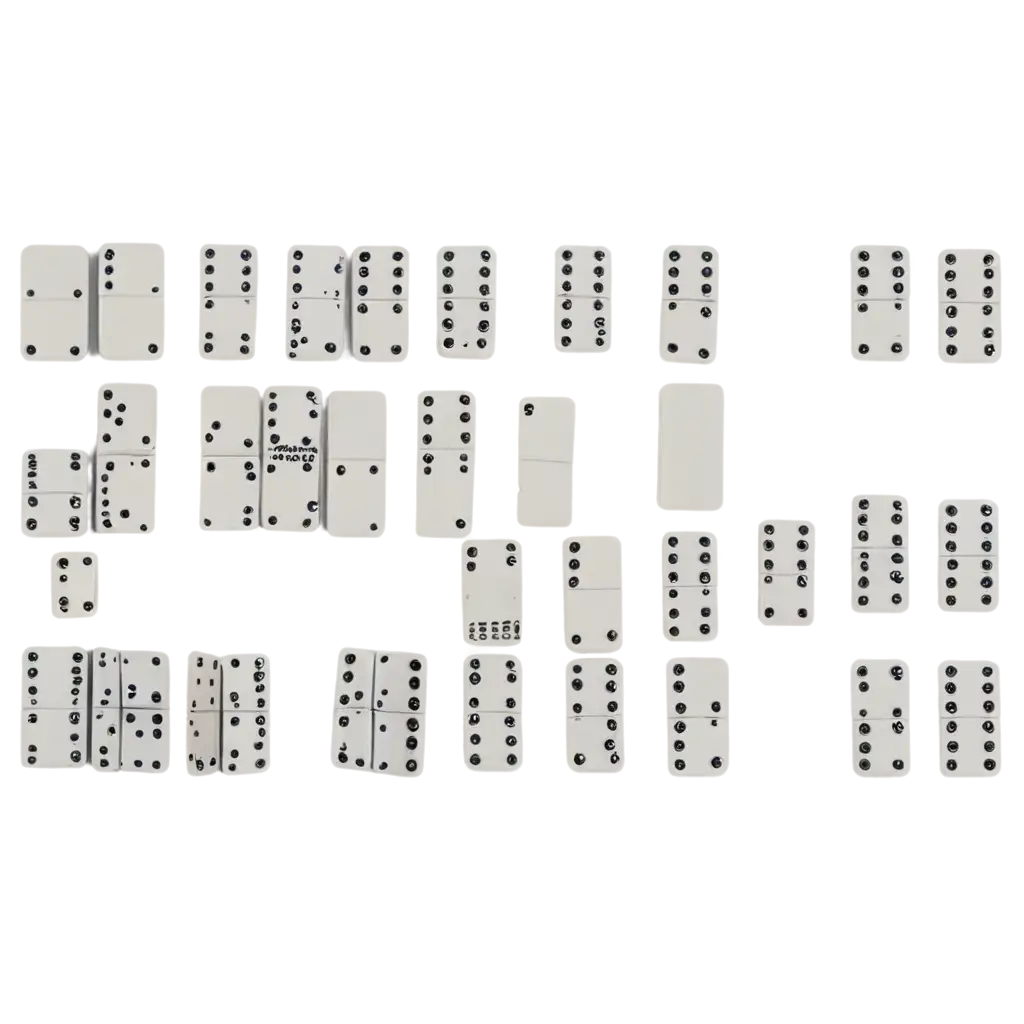
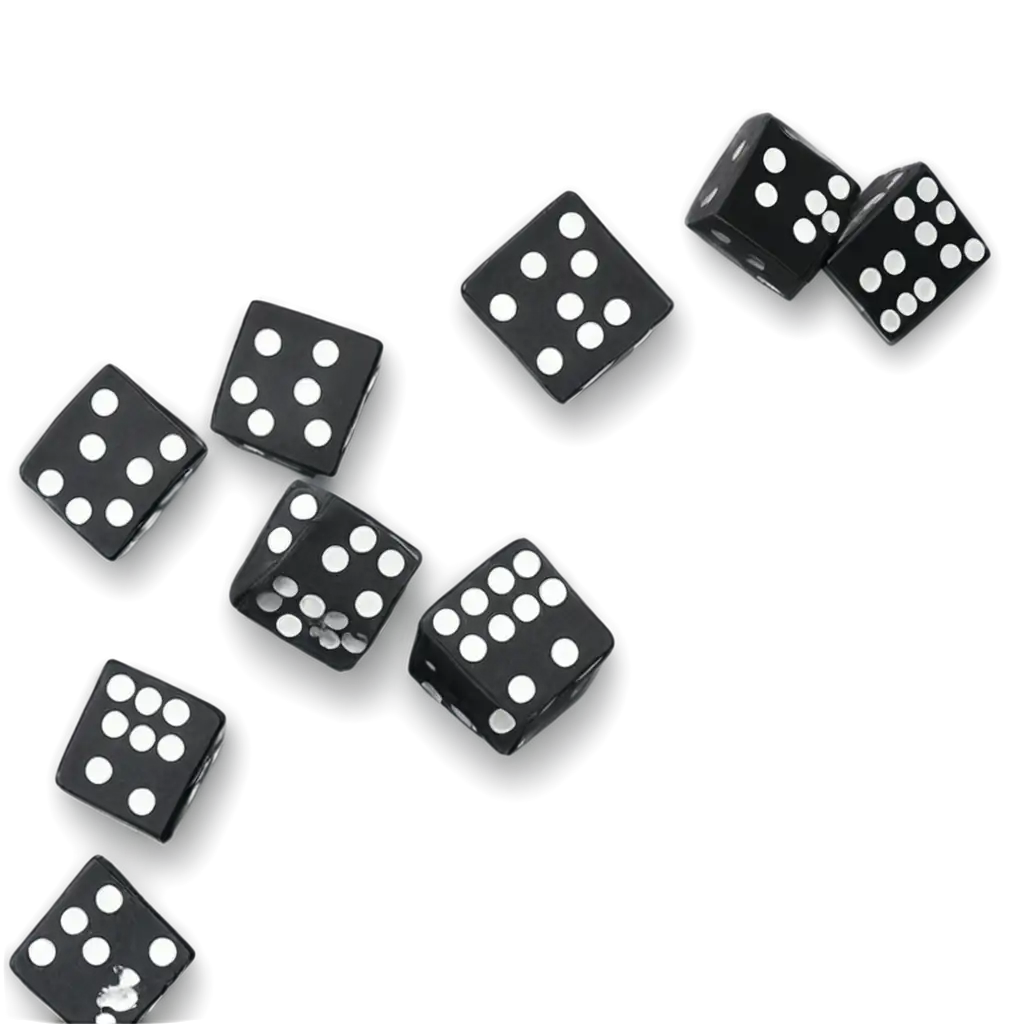
Related Tags
Game pieces come in various forms, each serving specific functions in different gaming contexts. Traditional board game pieces include pawns, dice, tokens, and cards, while digital gaming introduces virtual equivalents and innovative new formats. Modern AI-generated game pieces often combine classical designs with contemporary aesthetics, featuring elements like gradient color schemes, metallic finishes, and abstract interpretations of familiar shapes. These pieces range from realistic 3D renderings of chess pieces to stylized tokens for mobile games, offering designers and developers versatile assets for their projects.
Essential Types of Game Pieces in Digital and Physical Gaming
Successful game piece design relies on key principles including clear visual hierarchy, intuitive functionality, and memorable aesthetics. Essential considerations include size and scale relationships between different pieces, color coding for player identification, and distinctive silhouettes for quick recognition during gameplay. AI-generated game pieces excel in creating variations while maintaining consistency, allowing for rapid prototyping and design iteration. Important aspects include ensuring pieces are visually distinct even at small sizes, incorporating appropriate cultural and thematic elements, and maintaining balance between decorative details and functional clarity.
Creating Compelling Game Pieces: Design Principles and Best Practices
AI-generated game pieces have revolutionized the game development workflow, enabling rapid prototyping and iteration. Developers can quickly generate multiple variations of pieces to test different visual styles, themes, and gameplay mechanics. The technology excels in creating consistent asset sets, maintaining style guides across numerous pieces, and generating variations for different rarity levels in collectible games. This approach has particularly benefited indie game developers and small studios, providing access to high-quality assets without extensive art department resources. The ability to quickly generate and modify game pieces has accelerated the game development process and enabled more experimental design approaches.
Game Pieces in Modern Digital Production and Prototyping
The future of game piece design is being shaped by advancing AI capabilities and evolving gaming trends. Emerging developments include adaptive pieces that change appearance based on game state, pieces with built-in animation potential, and designs that seamlessly transition between physical and digital formats. AI generation is increasingly focusing on creating pieces that work across multiple platforms and gaming contexts, from augmented reality to traditional tabletop games. The technology is also enabling more sophisticated culturally-informed designs, allowing for automatic localization and cultural adaptation of game pieces for global markets.
Future Trends in AI-Generated Game Piece Design